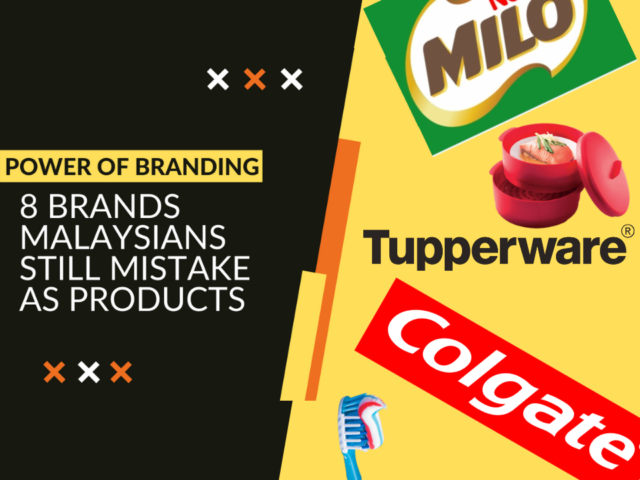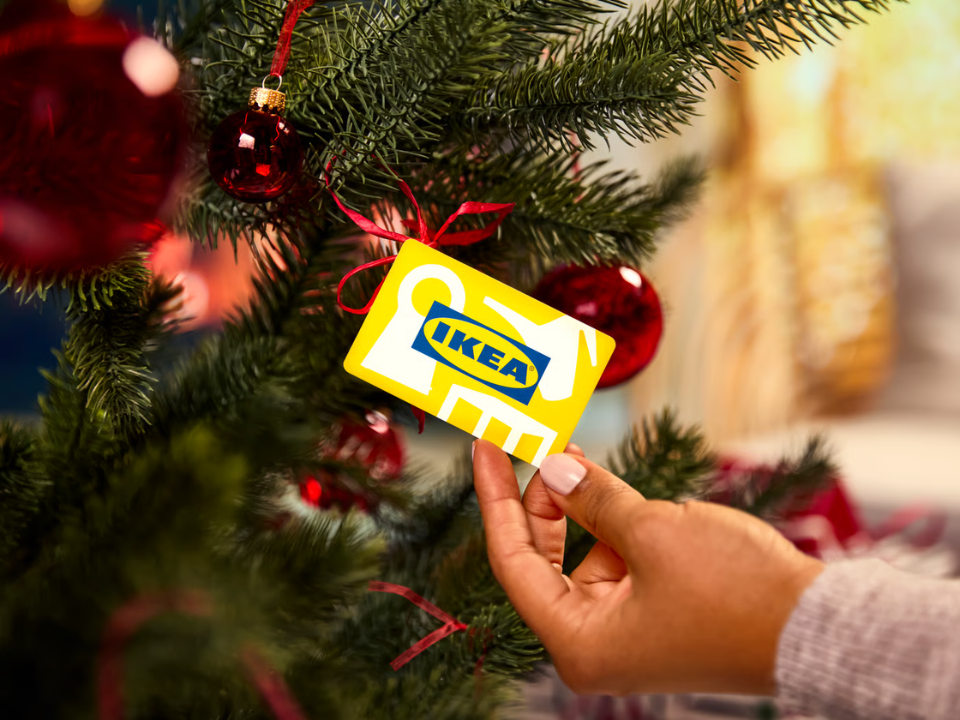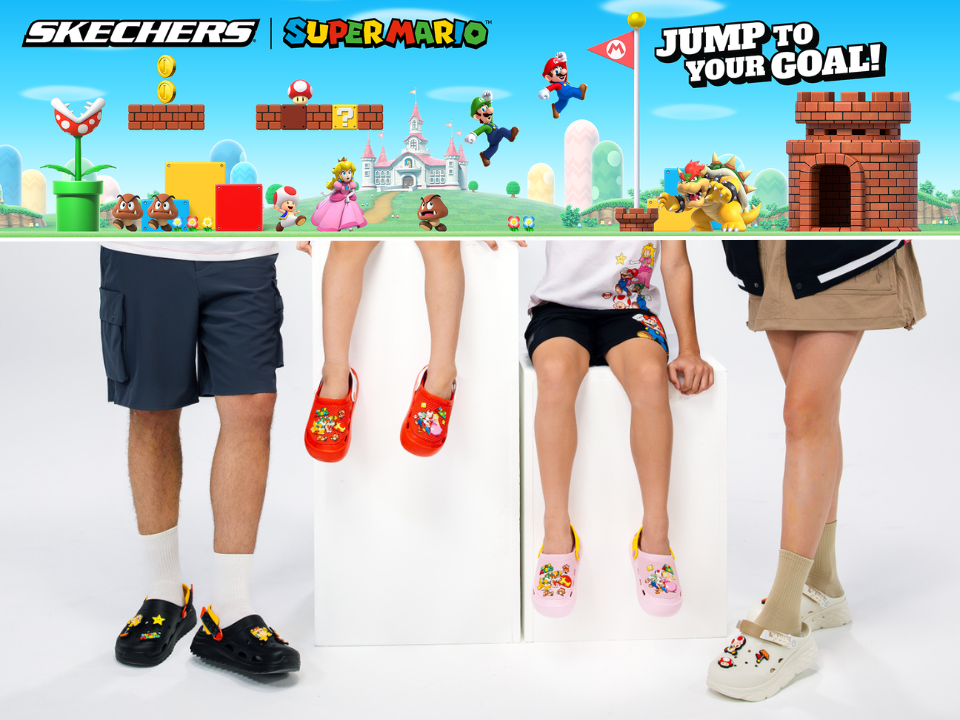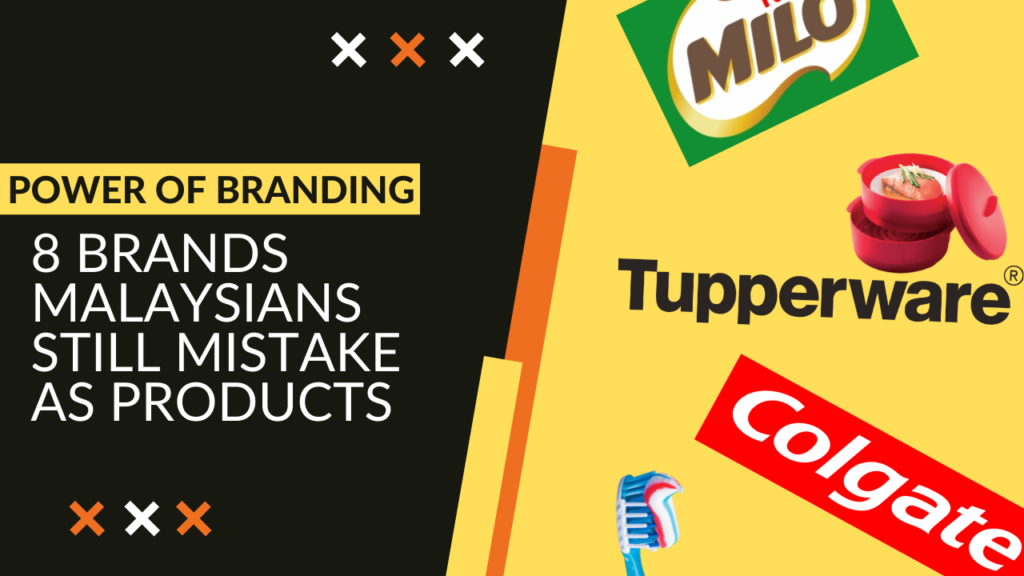
Branding can be a powerful thing. If done right, it can boost a product so high that consumers end up mistaking a brand name for the product’s name. This is exactly what’s happened to these 8 brands in Malaysia. Let’s take a look and see whether you are among the ones who are affected by the branding power of these brands and as a result still unknowingly commit said mistake towards these 8 brands. Shall we?
1. Milo
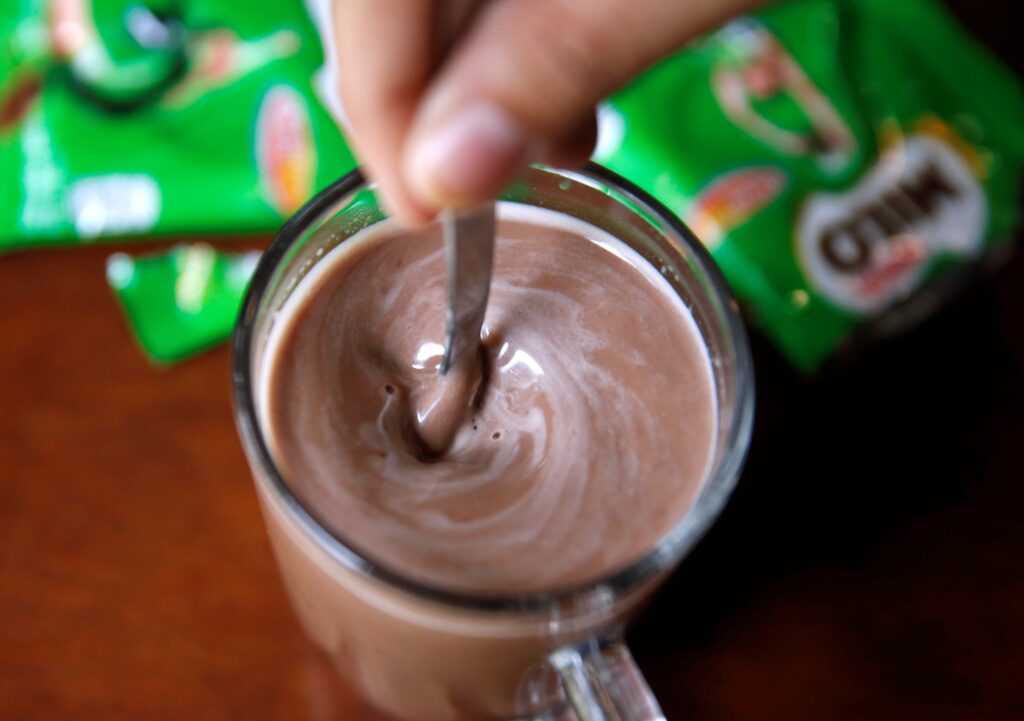
Milo is a brand of beverage that can be easily prepared either hot or cold. This Nestlé product is originally developed in Australia before gaining a significant amount of popularity, turning it into one of the world’s leading chocolate malt beverages. The brand name ‘Milo’ is said to have been obtained from a famous ancient athlete, Milo of Croton, due to his legendary strength. Nowadays the brand Milo is so familiar to Malaysians to the point that normal chocolate drinks are regularly called Milo even if they may not necessarily be made of it.
2. Maggi
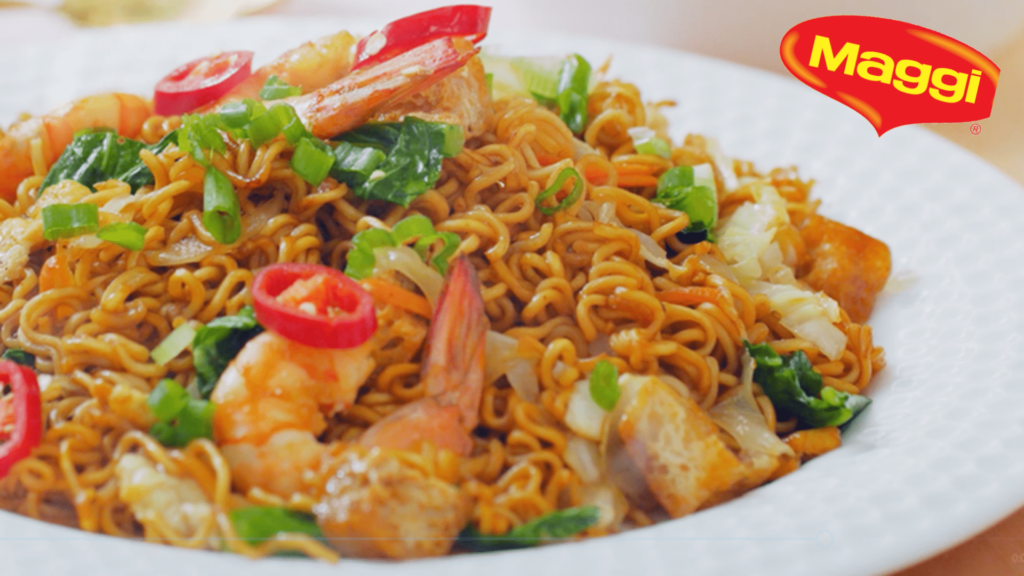
Maggi is another brand that is so synonymous with instant noodles towards Malaysians that most of us have taken to referring to all instant noodles as ‘Maggi’. This product is also, interestingly, not local. It is originally made in Switzerland by a person named Julius Maggi. The rest is pretty much history as it is pretty obvious how the brand name comes to be, right?
3. Colgate
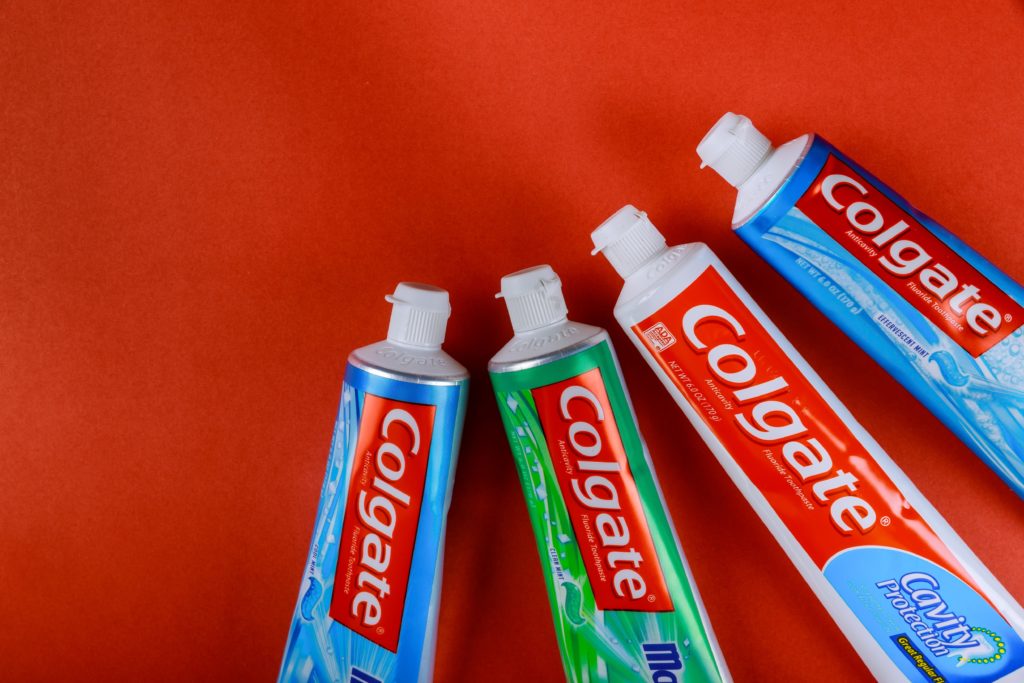
I don’t think anyone in Malaysia could be not familiar with the brand Colgate. It is so frequently used that you can hear people using this brand name even when they meant to refer to toothpaste in general. And of course, this is not made in Malaysia. Colgate can be traced all the way back to the early 19th century in New York City by a person named William Colgate who began doing business by selling soaps and candles.
4. Google

This is not just limited to Malaysians. People all over the world have taken to referring search engines as Google. Just goes to show how big Google has gotten because up until 2007, Yahoo used to be the top search engine. This is all thanks to the algorithm used by Google which prioritizes quality content. The same cannot be truly said of Yahoo, which may be the leading reason why it ended up losing its hold as the top search engine.
5. Nescafé
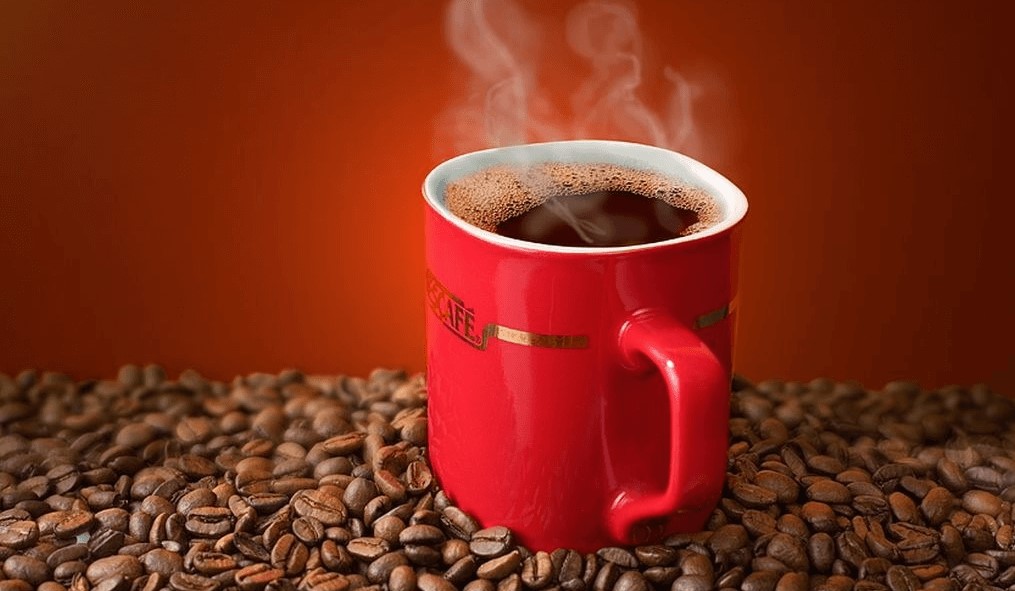
Another born by Nestlé, this brand of coffee in actuality is a portmanteau or a combination of the words ‘Nestlé’ and ‘café’. Nescafé is so well-loved in Malaysia that it is a normal sight in local restaurants for there to be a beverage called iced Nescafé instead of iced coffee. That’s quite an impressive show of branding power, right?
6. Panadol
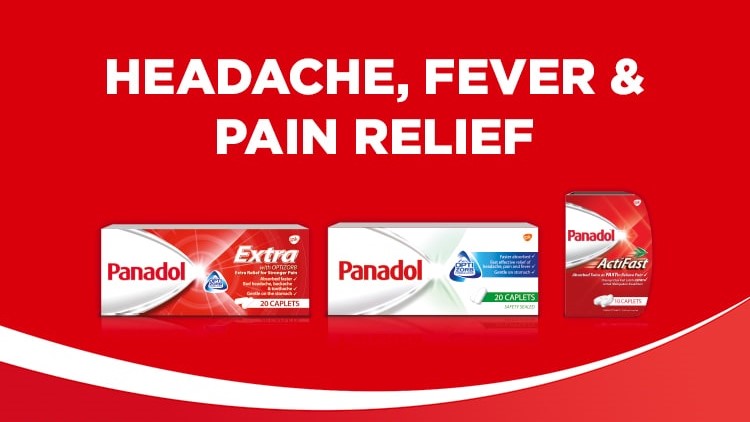
Yes, people, Panadol is a brand, not a product type. It does make sense as to why people may get confused about this since the product is called paracetamol, which is a type of drug recommended by the World Health Organisation (WHO). Paracetamol is used to provide relief for general pain. There are also other brands of paracetamol, just not as prominent as Panadol. So next time, if you aren’t able to find Panadol in your local pharmacy, remember to ask for paracetamol instead.
7. Tupperware
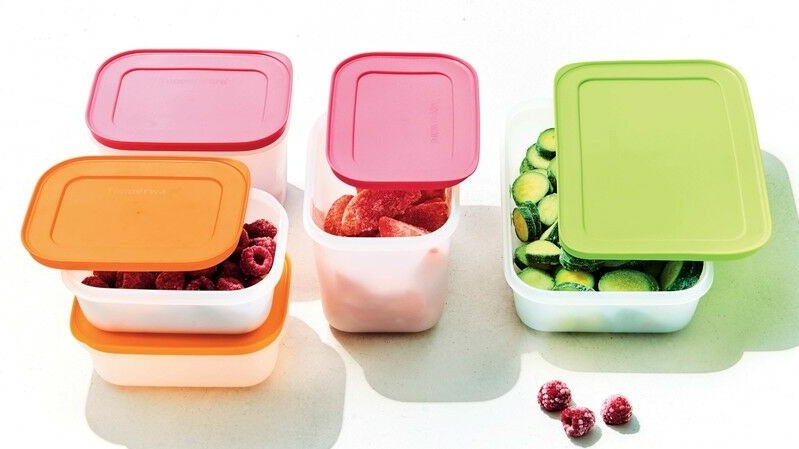
Malaysians like to joke about how mothers tend to get very protective of their Tupperware when they might mean it as food containers in general instead. The word Tupperware is so commonly used in daily lives that people aren’t even aware that it is a brand name. The name originated from an Earl Tupper back in 1942. Tupper’s wares, now it makes sense, huh?
8. Pampers
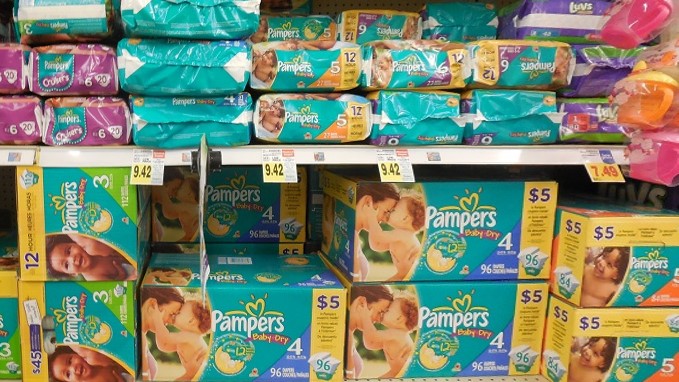
Last but most definitely not least, Pampers. Alright, I’ll be honest, I only found out about this while researching for this article. All this while I, like most of you I believe, used to somehow never question this. However, Pampers is a popular brand of diapers in Malaysia apparently because the diapers are superabsorbent which helps prevent feelings of wetness and consequently, diaper rash.
All 8 of these brands are so powerfully marketed that they have left deep impressions on Malaysians. A few of them are also popular with people from other countries. Aspiring entrepreneurs in Malaysia should definitely make them as examples, particularly in the branding power aspect. As for us normies, I think it is good enough that we are able to gain new knowledge even if it may not necessarily be that useful to our daily lives. Knowledge is still knowledge, after all.
Read more of our articles:




